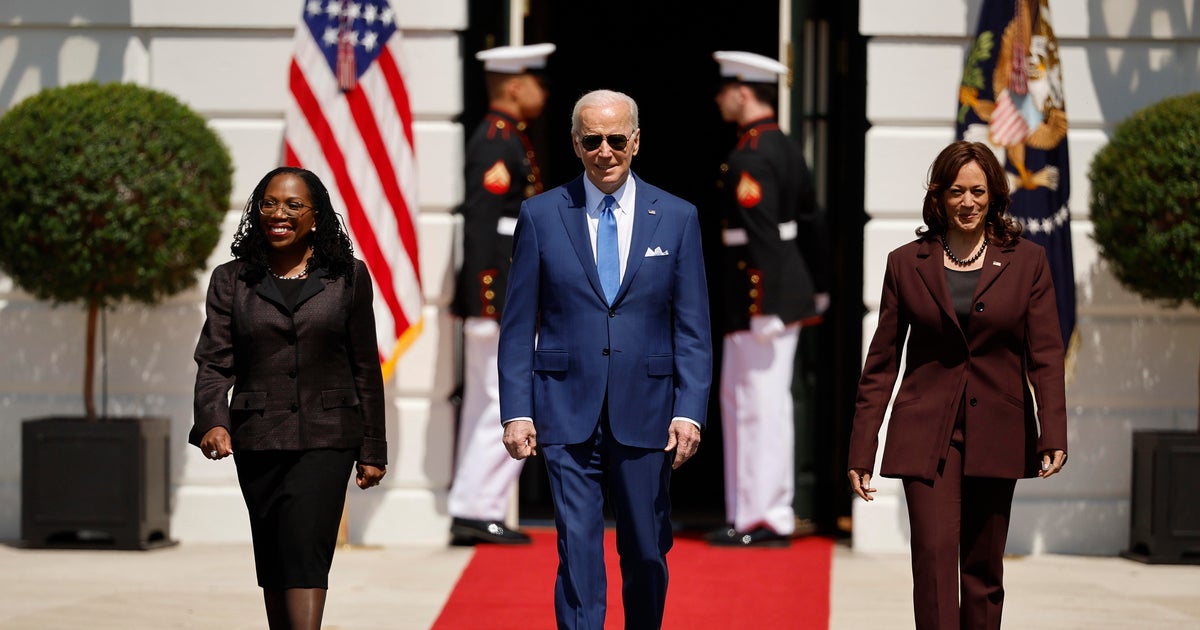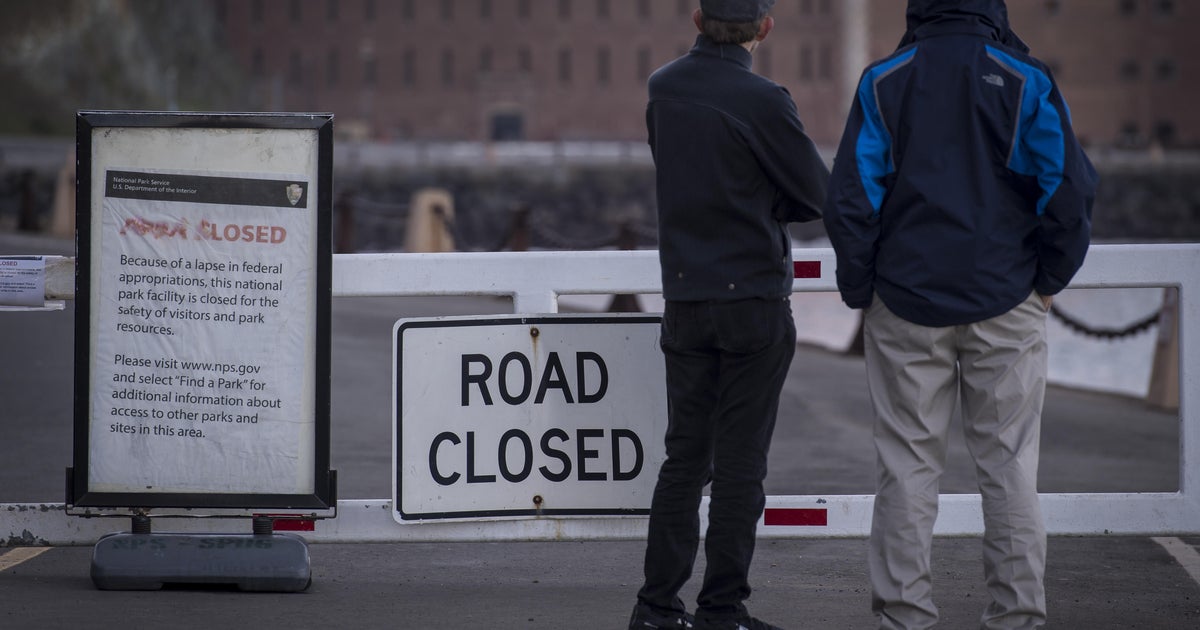Former inmates adjust to life outside of prison: "What comes with the greatness is reality"
Brian Johnson, 48, says it feels good to be back in his old neighborhood in Baltimore. Nearly 20 years ago, he was convicted of money laundering and drug distribution and sentenced to life in federal prison.
But when President Donald Trump signed the First Step Act last December, it meant Johnson and thousands of others were eligible for an earlier release or a reduced sentence. The act increased the number of good conduct time credits an inmate can earn per year, and built on the Fair Sentencing Act of 2010, signed by former President Obama, which reduced penalties for crack-cocaine offenses.
The U.S. Sentencing Commission said those changes can help more than 140,000 people in prison, CBS News correspondent Jericka Duncan reports.
Johnson took his first step out of prison on July 9. The first person he saw was his oldest daughter, who is 31. He missed 20 years of her upbringing.
"So when she pulled up, it was like an unbelievable feeling until I could hug her," he said.
Johnson said his freedom is "great, but what comes with the greatness is reality."
"When you're incarcerated, basically everything is free. Food is free, sleeping is free," he said, but "in the free world, as they say, gotta pay for everything."
He makes about $500 per week working full-time for a delivery company. A big challenge for him since getting out has been learning new technology.
"Right now I have a phone, but I couldn't tell you how to work everything on the phone," he said.
He also found out he has a 26-year-old son who is incarcerated for carjacking.
"I feel like, if I was here, that definitely wouldn't have happened," he said.
Recently, Johnson traveled to Washington, D.C., with the criminal justice reform group Cut50, which aims to reduce the prison population by half. He shared his story with lawmakers fighting on behalf of others who are still locked up.
"There's a lot we have left to do," said Holly Harris, a conservative and the executive director of the Justice Action Network, who pushed to pass the First Step Act.
According to the Prison Policy Initiative, the U.S. has the highest incarceration rate and the largest prison population worldwide, with about 2.3 million inmates.
"This is truly an American issue," Harris said. "When you're in prison you're locked in, but when you return to society, you're locked out. You're locked out of a productive life."
Clover Perez, of Long Island, New York, said that's exactly what she feared after being released from federal prison almost a year early. She served eight years for immigration fraud.
"My biggest concern was finding a job ... I thought that I may not be marketable," she said. "How was I going to catch up?"
She eventually found a job as an office manager at a law firm. Her biggest struggle, she said, is coming to grips with her oldest son's death. He was shot and killed about a year before she was arrested.
"When I come home ... I'm waiting for Andre to show up and he doesn't show up," she said. "It's a battle that I'm fighting, and I fight every day."
And every day, as more inmates work to take their first step out of the system, the next step is making sure they don't go back.
"Are you a danger to society? Should people be concerned about you?" Duncan asked Johnson.
"People should not be concerned about me," he said. "I don't have nothing to hide. I don't intimidate nobody. I go to work and I go home ... I know for a fact that I'm a totally different person this day and age."
Johnson said prosecutors are trying to appeal his release, and he's not alone. A Reuters investigation found dozens of cases where the Justice Department tried to keep offenders in prison, but most of those attempts were unsuccessful.




